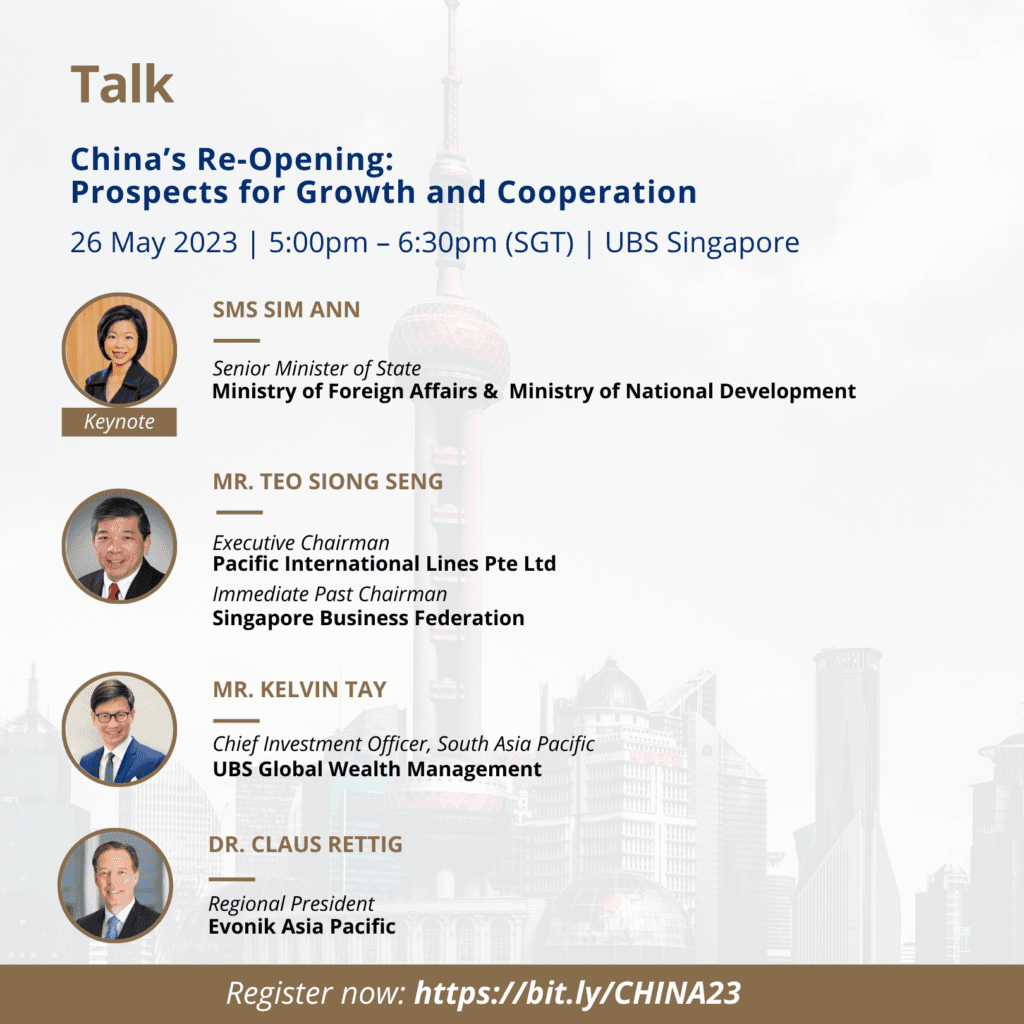Last week, the SIIA hosted Dr. Logan Wright, Director at the Rhodium Group, who leads the firm’s China Markets Research (CMR) work. Dr. Wright spoke about Chinese exchange rate policy and capital outflows from China at an evening seminar on 17 Feb 2016, and the implications for global markets.
Date/ Time: 17 Feb 2016, 5.30 – 7.00pm
Venue: SIIA Office: 60A Orchard Road #04-03 Tower 1 The Atrium@Orchard, International Involvement Hub, Singapore 238890
A weakening Chinese economy and pressure on China’s exchange rate have created uncertainty about the future direction of government policy targeting eventual capital account liberalisation. Changing patterns of Chinese capital flows within this environment may have significant implications for regional economies and exchange rates in 2016.
In this seminar, Dr. Logan Wright, Director of Rhodium Group, shares his views on China’s long term economic growth potential and the impact on regional economies, including the following:
- What are the key drivers of capital outflows from China and will depreciation pressure on the yuan and emerging market currencies persist?
- How are Chinese outbound investment and the overseas use of the RMB changing, and what do these trends mean for regional financial centres?
- How will China’s economic restructuring continue to impact global and regional economies?
“There’s been a very significant change in the financial system in which the Chinese government and authorities are really not as…[in control] over the nature of outbound flows, the direction of those outbound flows, and how they are actually hitting the rest of the international marketplace,” said Dr. Wright. “To a certain extent, foreign banks are in a far greater position of control over the disposition of what happens in China than I think the Chinese government is really aware of entirely.”
The offshore currency market in Hong Kong has largely consisted of speculative investors into Chinese currency – it is mainly speculators who would hold Renminbi offshore, based on the expectation that it will appreciate. But as the Renminbi becomes weaker, investors would naturally move the money elsewhere, thereby contributing to capital outflows. The offshore currency market can be viewed as a proxy for expectations of where the Chinese currency is going to move.
“It is a self-perpetuating cycle, where everyone thought that the Renminbi would appreciate for ten years or more…[but] if all of a sudden it’s going to depreciate, it dramatically changes asset allocation that has been moving in one direction for ten years, and it explains the severity of some of the outflows that have taken place.”
The Chinese government is therefore currently battling market expectations. Can they stabilise investor expectations of the exchange rate?
“They’re struggling because the more and more in which you intervene, and the more in which you try to control capital flows, the more it looks like you’re desperately trying to control the currency. And that hasn’t been effective historically,” said Dr. Wright.




